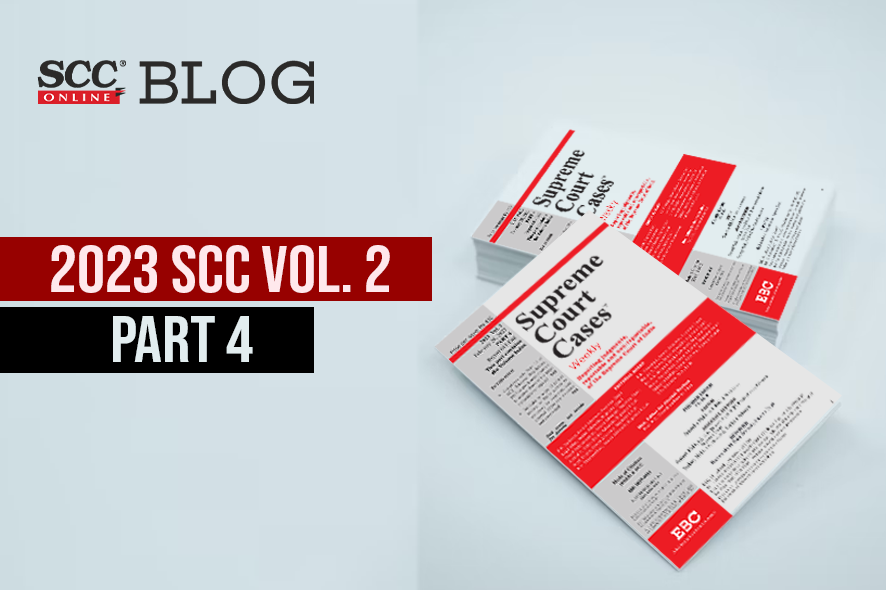Constitution of India — Arts. 14, 12, 266, 136 and 32 — State action in a matter arising from non-statutory contract: Scope of judicial review of State action in a matter arising from non-statutory contract on ground of arbitrariness, explained. If action/inaction of State is prima facie arbitrary, writ petition, held, would be maintainable even if the action of the State is in relation to a non-statutory contract. In case of a challenge to an award of largesse by State, the ground of arbitrariness of State action/inaction, held, available at a stage prior to conclusion of the contract as well. Interference by Court would depend upon the exercise of discretion by the writ court based on the facts of each case. [M.P. Power Management Co. Ltd. v. Sky Power Southeast Solar India (P) Ltd., (2023) 2 SCC 703]
Debt, Financial and Monetary Laws — Debt, Debt Recovery and Relief — Settlement of debt/One-time Settlement (OTS) — One-Time Settlement Scheme (OTS) — Benefit of or under: No borrower can, as a matter of right, pray for grant of benefit of/under one-time settlement scheme. If a borrower is permitted as a matter of right, to pray for benefit of/under OTS scheme, in that case, it would be giving a premium to a dishonest borrower, despite fact that he is able to make payment and fact that bank is able to recover entire loan amount even by selling mortgaged/secured properties, either from borrower and/or guarantor. [Bijnor Urban Coop. Bank Ltd. v. Meenal Agarwal, (2023) 2 SCC 805]
Securities, Markets and Exchanges — Mergers, Acquisitions and Takeovers — Offer/Public Announcement: Compliance with Regn. 10 of the SEBI (Substantial Acquisition of Shares and Takeovers) Regulations, 1997 i.e. public announcement to acquire shares of the target company is not required where an individual acquirer’s (one of the acquirers) increase in shareholding alone breaches 15% threshold i.e. where the acquirers collectively already had more than 15% stake. The term “acquirer” is not restricted to the person or individual shareholder as it encompasses any other person acting in concert with the “acquirer”. The word “acquirer” used in Regn. 10 takes its meaning from the definition in cl. (b) of Regn. 2(1) of the 1997 Regulations, which refers to the shareholder as an individual and also “person acting in concert” with him, which expression has been very widely defined vide cl. (e) of Regn. 2(1) of the 1997 Regulations. [SEBI v. Sunil Krishna Khaitan, (2023) 2 SCC 643]






